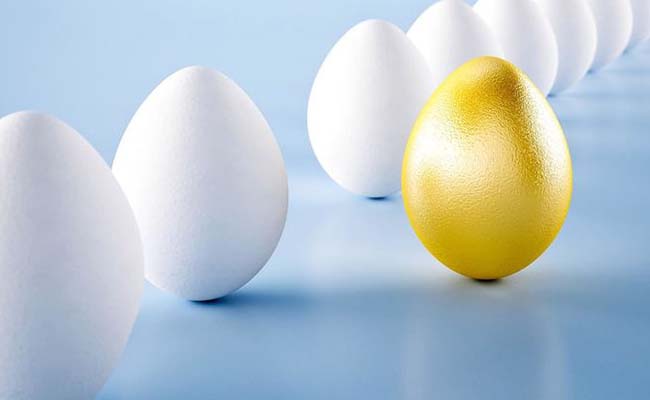What is Ovarian Reserve?
Ovarian Reserve is a term that is used to determine the capacity of the ovary to provide egg cells that are capable of fertilisation resulting in a healthy and successful pregnancy. The human ovary contains a population of primordial follicles. The size of the initial ovarian reserve is strongly influenced by genetics, meaning that our ovarian reserve is inherited from our parents at birth.
For each menstrual cycle, one egg cell is released by ovulation. In addition, the remaining follicles that were recruited towards maturation are lost by atresia. During your reproductive years the number of eggs continues to fall, and after the age of 35 it falls at an accelerated rate. Few if any egg cells are replenished during the reproductive years.

So how do you determine a women’s ovarian reserve?
The answer is the Anti-Mullerian Hormone (AMH) blood test. As the name suggests, this test measures the amount of AMH in a woman’s blood stream. This hormone is produced by specific cells, called Granulosa cells, which surround each and every egg in a woman’s ovary. So obviously, the more eggs, the more granulosa cells. And the more granulosa cells, the more AMH produced.
One recent article described the continuous use of combined contraception (i.e. without monthly breaks) was associated with a reduction of AMH levels. Women with diminished ovarian reserve have diminished fertility and an increased risk of miscarriage. Women with serum AMH levels less than or equal to 14pmol/L have a reduced chance of success on the IVF program and an increased risk of miscarriage. Therefore, 14pmol/L is one of the critical values used in the assessment of ovarian reserve.
However, one downfall of this test is that it does not tell you about the quality of the eggs. There are two very important hormones that work synergistically in women’s fertility which affects the preparation and release of eggs:
Put simply, FSH plays a primary role in preparing the egg to be released whereas LH plays a primary role in the actual release of the egg.
While AMH or ovarian reserve can be seen as a static, unchanging amount inherited by our parents at conception, acupuncture treatment to work on the synergistic relationship and interplay of FSH and LH can greatly increase a woman’s chances of falling pregnant. It is the interplay between these two hormones that result in the following conditions:
Whether a woman is suffering from too low AMH or if AMH is in a normal range but eggs are not being prepared or released efficiently, acupuncture can help to bring the women’s hormones, FSH and LH back into a synergistic balance to increase a women’s chances of falling pregnant. Acupuncture treatment is of particular benefit for those undergoing expensive IVF treatments to ensure a high quality of eggs are being prepared and released from the ovaries.
Ovarian Reserve and AMH levels Case Study
Traditional Chinese Medicine and Acupuncture Brisbane for Ovarian Reserve and AMH Levels can help. Click here to learn more.
